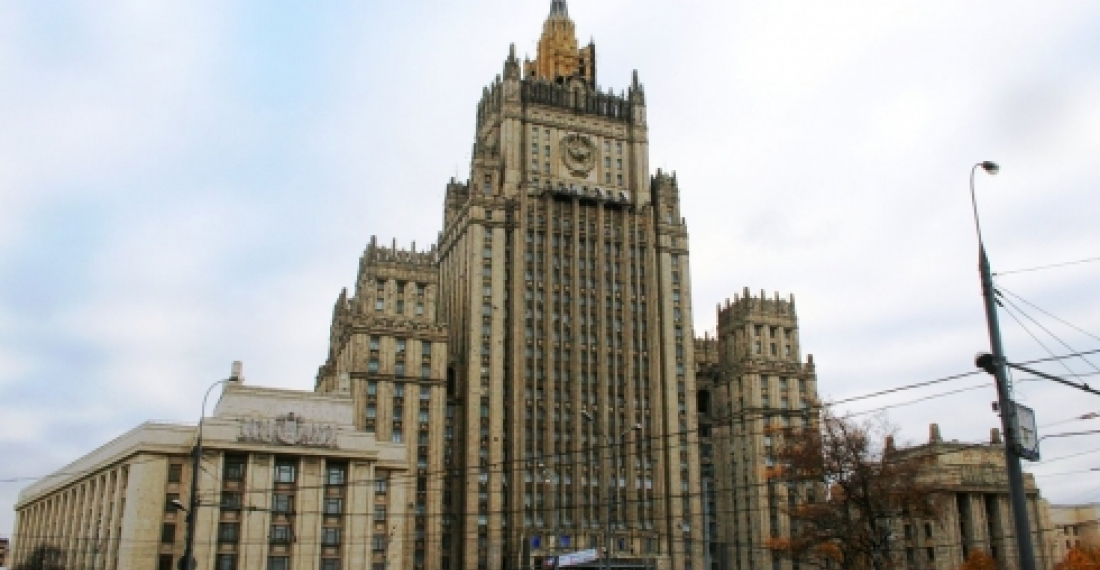The Russian deputy foreign minster met with high-ranking French officials on Thursday, ahead of a possible further meeting between the presidents of Armenia and Azerbaijan in St Petersburg.
Grigory Karasin's office issued a statement confirming the summit, to be held later this month. However, the statement was later removed and re-issued, with the section mentioning the St Petersburg meeting redacted.
Both statements, redacted and non-redacted, included passages about international efforts to solve the Ukraine crisis, as well as ongoing developments in the Caucasus and Central Asia.
President Ilham Aliyev of Azerbaijan and President Serzh Sargsyan of Armenia met in Vienna on May 16. They agreed to increase the power of the OSCE monitoring mechanism, to observe the ceasefire, and to hold a further meeting in June, although the details of this were unspecified at the time.
"Issues related to the international efforts aimed at solving the Ukrainian crisis, as well as the preparation of the trilateral summit in St. Petersburg over the Nagorno Karabakh conflict settlement were discussed," read the initial press release.
"Issues related to the international efforts aimed at solving the Ukrainian crisis and the Nagorno Karabakh conflict were discussed during the conversation," read the later one.
Frenchman Pierre Andrieu, one of the three co-chairs of the OSCE Minsk Group alongside American James Warlick and Russian Igor Popov, was at the meeting, alongside France's ambassador to Russia, Jean-Maurice Ripert.
SOURCE: Russian Foreign Ministry and agencies
PHOTO: the Russian Foreign Ministry






